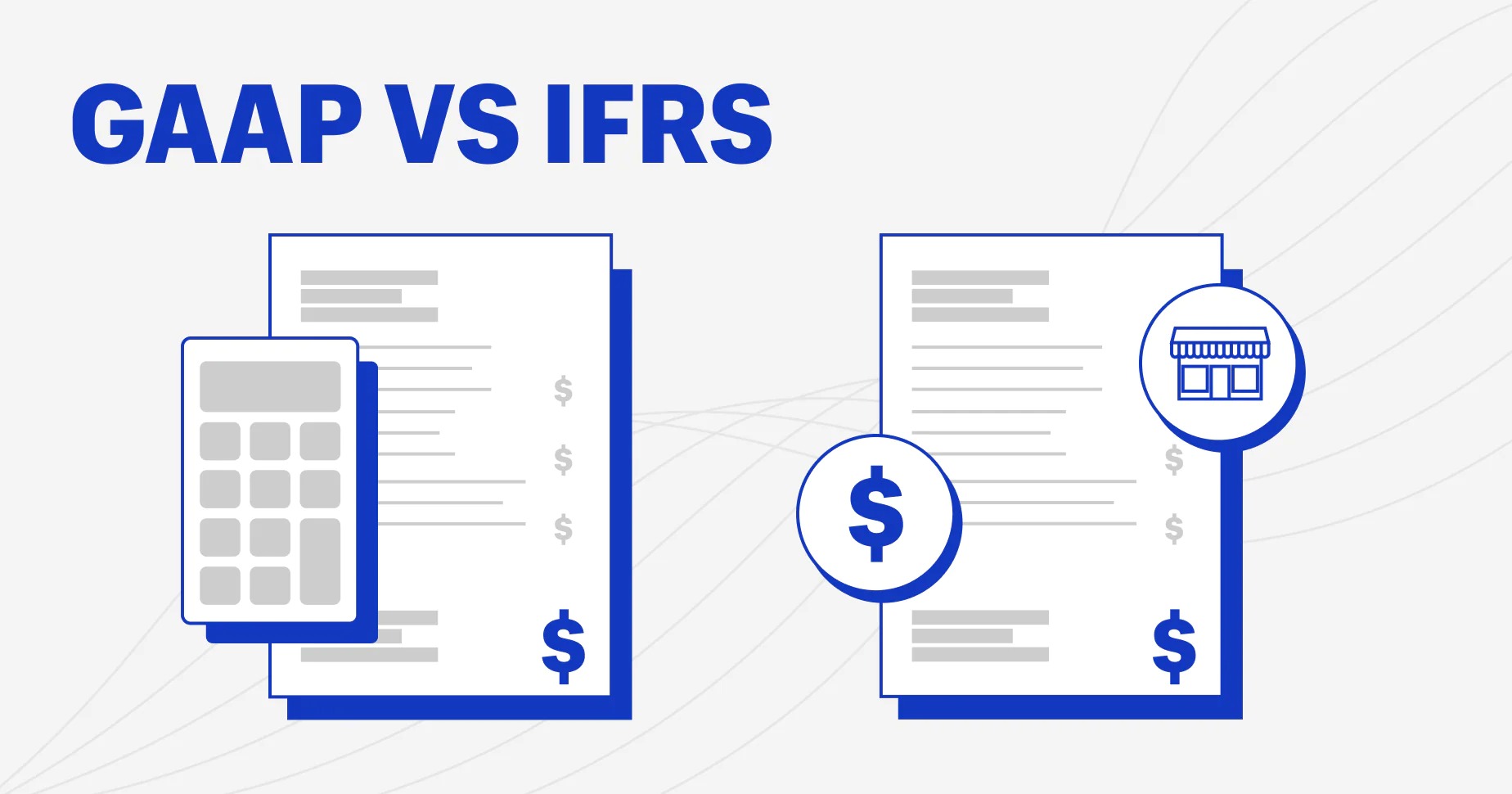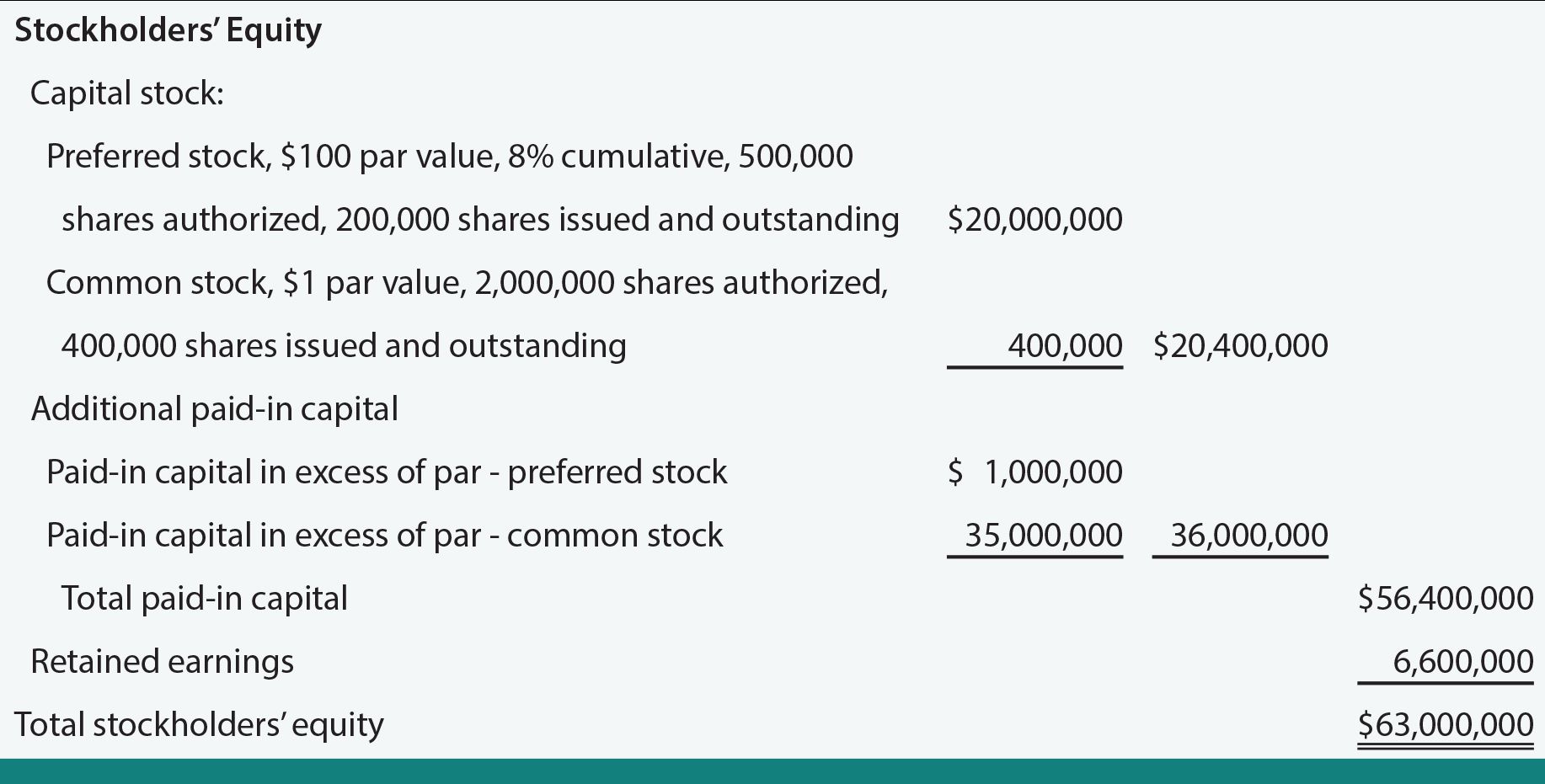

Finance
Common Stock Equivalent Definition
Published: October 30, 2023
Learn the definition of Common Stock Equivalent in finance. Understand how it impacts a company's capital structure and stock ownership.
(Many of the links in this article redirect to a specific reviewed product. Your purchase of these products through affiliate links helps to generate commission for LiveWell, at no extra cost. Learn more)
Understanding Common Stock Equivalents: A Guide to Financial Education
When it comes to navigating the complex world of finance, understanding the different terms and concepts can make a world of difference. One such term is “common stock equivalents.” If you’re looking to expand your knowledge in the realm of finance and learn more about this topic, you’ve come to the right place! In this blog post, we’ll explore what common stock equivalents are, how they work, and why they are important in the financial market.
Key Takeaways:
- Common stock equivalents are financial instruments that have the potential to be converted into common stock.
- They are typically used to provide additional compensation or benefits to investors or employees.
Now, let’s dive deeper into the world of common stock equivalents.
What are Common Stock Equivalents?
Common stock equivalents are financial instruments that have the potential to be converted into common stock. They are usually issued by companies as a way to provide additional compensation or benefits to investors or employees. These instruments often include stock options, warrants, convertible preferred stock, or convertible bonds. The decision to convert them into common stock is contingent upon certain conditions being met, such as reaching a specific date or price.
Common stock equivalents are important in the financial market as they offer flexibility and potential rewards. For investors, they can be an attractive option as they provide the opportunity to benefit from the company’s success, as common stockholders do. Additionally, for employees, common stock equivalents can be a valuable form of compensation, aligning their interests with those of the company.
Why are Common Stock Equivalents Important?
Common stock equivalents serve multiple purposes and offer various benefits to both companies and investors. Here are a few reasons why they are important:
- Employee Incentives: Common stock equivalents are often used as a part of employee incentive packages. By offering employees the opportunity to acquire common stock in the company, it not only motivates them to perform well but also aligns their interests with the success of the business.
- Flexible Financing: For companies, common stock equivalents can serve as a flexible source of financing. Issuing convertible securities allows companies to raise capital while potentially reducing their immediate cash outlay. This can be particularly beneficial for startups or companies in need of additional funds.
- Attracting Investors: Companies may issue common stock equivalents to attract investors looking for growth potential. By offering convertible securities, companies provide investors with the opportunity to participate in future gains without necessarily committing to a fixed return.
Understanding the significance of common stock equivalents can give you valuable insights into the world of finance and investment.
Conclusion
Common stock equivalents are essential financial instruments that offer flexibility and potential rewards to both companies and investors. Whether as a form of compensation for employees or a means of raising capital for companies, these securities play a crucial role in the financial market. By understanding the concept of common stock equivalents, you’ll have an edge in navigating the complexities of finance and investment.














